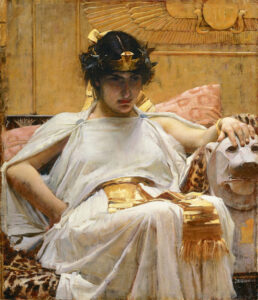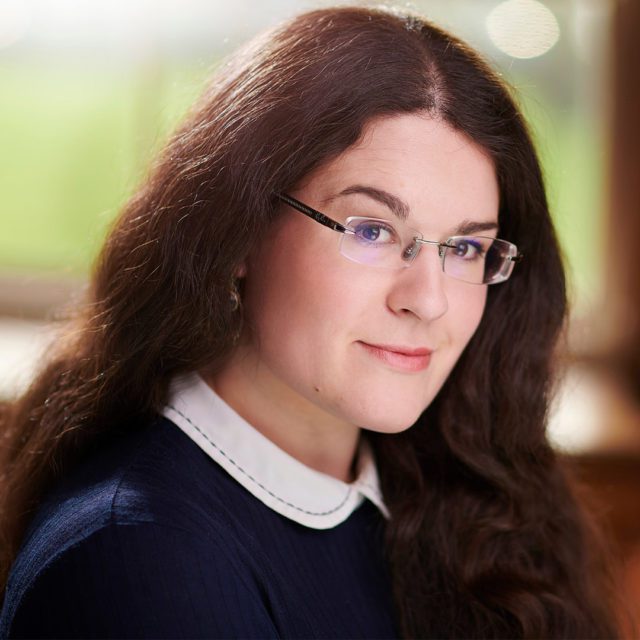Historical Laboratory Projects
Gender History-Smolak
Gender History and Masculinity Studies
Gender Studies is the field of academic study that is focused on the critical analysis of gender roles and relationships within societies, particularly in the West. Gender Studies emerged from Women’s studies in the 1970s and 80s as a more inclusive view of gender analysis. Originally, Women’s Studies was the field that dealt with the issues of gender relationships, those being male and female. It was attempting to answer the question of why male power was seemed so prevalent in society compared to female power. In other words, it was attempting to understand what feminist theory called ‘the patriarchy.’ Starting in the 1970s, Women’s Studies transformed into Gender Studies. Gender Studies took feminist theory even further and began to question the categories of gender itself. It became more inclusive and encompassing with its analysis. Within this broader umbrella of academic research emerged a field known as masculinity studies. In some regards, Masculinity studies was the metaphorical Ying to feminist studies Yang. Both fields viewed gender and the relationships between men and women through the lens of critical analysis. But while feminist theory primarily focused on the status and social roles of women, masculinity studies focused on the opposite. It was exclusively focused on the interpretations of masculinity in and throughout societies. These interpretations of masculinity were important to understanding the social roles of men and women and how they developed.
Prominent Gender Historians
One prominent gender historian, and more specifically a masculinity studies historian, is Laura Eastlake. Laura Eastlake is
“a literary scholar and historian of the nineteenth century with research interests in classical receptions studies, masculinity studies, and the cultural legacies of substances like sugar. Her work explores the legacies of the Victorian age and how they continue to shape culture, health policy and heritage in the present. She is the author of Ancient Rome and Victorian Masculinity (Oxford University Press, 2019) and has curated exhibitions on topics including science and medicine in the nineteenth century, Victorian humour, and the history of the ‘femme fatale’ from the ancient world to the silver screen.”[1]
Laura Eastlake, photograph, https://www.edgehill.ac.uk/person/laura-eastlake/staff/
In Ancient Rome and Victorian Masculinity, Laura explores the interpretation of Roman masculinity by Victorian British men and their adaptation of it in forming their own Victorian masculinity. She argues that during this time, the British Empire modeled itself on the Ancient Roman model of empire. Britain saw itself as a colonial empire that was a fatherlike figure to its colonies, similar to how Romans conquered and subdued other cultures and then administered them in a paternal way. She presents evidence of prominent authors during the Victorian era that wrote literature regarding Roman culture and history. In chapter six of Ancient Rome and Victorian Masculinity, Britain’s relationship with its new colony is analyzed and interpretated through the lens of Rome’s conquest over Egypt and its famous queen Cleopatra.

Cleopatra, John William Waterhouse, 1888, oil on canvas, Private Collection.
The dynamic between British colonial rule and Roman rule of Cleopatra is seen in British propaganda, like newspaper articles. These articles
“…dramatize the extent to which British imperial identity and experience had become aligned with Roman examples by the end of the century. The New Imperialist is cast as a modern-day Caesar or Antony in his relationship with empire, as territorial and sexual desires become conflated and focused on the figure of Cleopatra herself.”[2]
These forms of propaganda illustrate the gender relationships within the Victorian era regarding how the elite British men saw themselves. They show how the ancient Roman view of masculinity continued to influence modern perceptions of masculinity in the British Empire.
- “Dr. Laura Eastlake”, People, EdgeVille University, last modified 2023, https://www.edgehill.ac.uk/person/laura-eastlake/staff/ ↵
- Laura Eastlake, Ancient Rome and Victorian Masculinity (Oxford University Press, 2019), Abstract, https://academic.oup.com/book/11227/chapter-abstract/159744637?redirectedFrom=fulltext ↵

